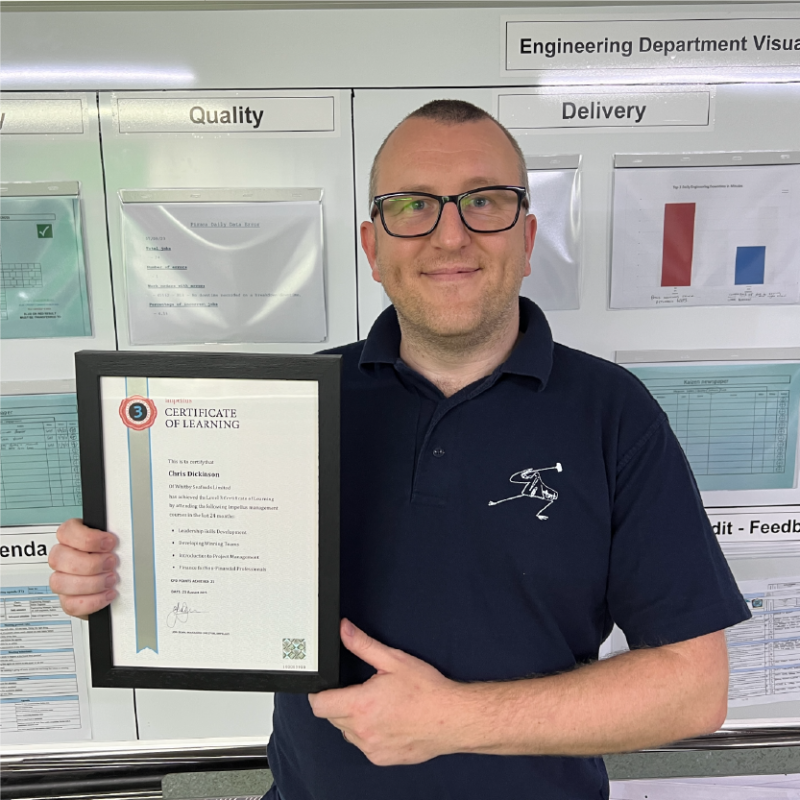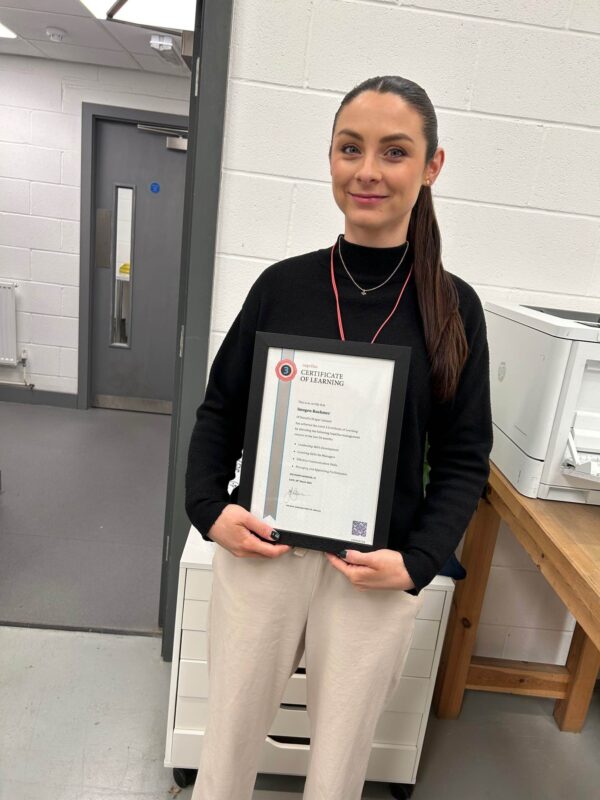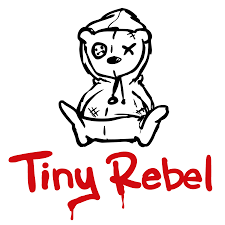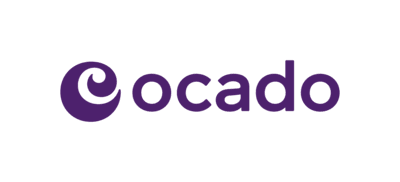Home / About Impellus / Resources and Support / Bite-sized implementation sessions
Bite-sized implementation sessions
Resources and Support
- Maximising the impact of your Impellus Training
- Bite-sized implementation sessions
- Group facilitated implementation sessions
- ILM workshops
- Accelerated personal development programmes
- Packages of open-course training
- In-house training: professional sales environment
- In-house training: leadership and management
These short sessions enable delegates to revisit part of a course they have recently taken to gain further insights into a key concept, idea or technique and learn how to build on it to further enhance their workplace performance.
How it works
A pre-delivery training needs analysis will be carried out to discover which elements of the session(s) worked for you and the particular challenges or opportunities they can help you to address.
We’ll deliver the session(s) to your group online and go a little deeper into the subject matter making direct connections to ensure that your delegates know how and where to change behaviours and use specific skills and techniques.
Timings and delivery
One to two hours, usually online.
Cost
£1,295 plus VAT per session.
Select from the range on offer below and call 0800 619 1230 for more information and to book. Additional topics are available on request.
Leadership Skills Development
What: An exploration of the differences between and impacts of leadership and management.
Why: To give you the opportunity to consider what kind of environment you have created around your team and its implications. Are you focusing your energy and attention in the right direction? Have you got the balance right? What habits have you got into and do you need to make changes?
What: An explanation of the ‘values, beliefs and behaviours model’ to highlight the importance of knowing clearly who you are and the impact your values and beliefs have on your own and others’ behaviour.
Why: To reflect on who you are, what you like and dislike, what you expect and how important it is for your team to be clear about your expectations so they can work for you effectively. Also to highlight the importance of really knowing your people.
What: An exploration of Herzberg’s Motivator Hygiene Theory to consider how to create an environment where everyone feels satisfied at minimum, but to strive for buy-in and commitment.
Why: To understand the importance of getting the basics (hygiene factors) right to avoid de-motivation and create an environment of high motivation and commitment through simple habits and actions.
What: Examining the key ingredients of excellent Leadership communication. Includes interactive group use of case studies to explore the impact of language on motivation, commitment and buy-in and the ramifications of getting it wrong.
Why: To consider the importance of preparing key messages carefully. Whether one-to-one or to the team as a whole, one wrong word in the wrong place can make the difference between generating buy-in or totally losing your team’s commitment.
What: An exploration of the ‘flexing leadership style’ to highlight the importance of flexing depending on a range of factors to ensure you get the best out of your team. A questionnaire brings the model to life to challenge your thinking.
Why: To understand the importance of adapting your leadership style to respond appropriately to any situation. To consider the impact of not doing so and to identify actions you can take to improve your leadership credibility.
Coaching Skills for Managers
What: Familiarisation with the GROW model as a route to the practical implementation of effective coaching skills.
Why: To practise and explore the power of coaching using a recognised model and to experience its impact as a coach and coachee. Identify actions to enhance your personal coaching skills.
What: Build a bank of robust coaching questions to respond effectively to a range of potential coaching scenarios.
Why: To understand the importance and power of impactful coaching questions in unlocking potential and giving coaches the freedom to explore multiple options for success.
Delegation and Time Efficiency
What: Completion of a reflective work planner to analyse focus and overcome barriers to effective productivity.
Why: To establish whether you are working on the right things. Are you maximising your productivity or allowing yourself to be side-tracked into areas that are not adding value?
What: An exploration of where your focus should be. Why are you employed and what are your work priorities?
Why: To establish with absolute clarity what your work priorities are and to ensure you provide ‘value for money’ by making these priorities your main focus, limiting time-thieves and distractions.
What: An analysis of daily tasks to identify areas that could be delegated (and potentially innovated or rejected). Exploration of a delegation model to get it right.
Why: To free up your time to focus on work priorities that provide the most value and to create a culture of ongoing delegation and empowerment to develop your people. To ensure effective delegation becomes a work habit and leads to genuine improvements.
Developing Winning Teams
What: An exploration of Patrick Lencioni’s ‘five dysfunctions of a team’ theory using a questionnaire for team analysis.
Why: To establish whether any dysfunctions exist within your team and to consider how to tackle areas of concern by building a robust action plan.
What: An exploration of Bruce Tuckman’s theory on team development and the stages teams must go through to reach ‘high performance’.
Why: To analyse what stage your team is at in its development and explore the actions you must take as a team leader to facilitate progression through Tuckman’s four stages.
What: How to develop an awareness of your own and others’ natural preferences within a teamworking environment using a self-perception questionnaire.
Why: To understand the importance of having a balance of roles within your team if it is to operate effectively and deliver results. To analyse team make-up and recognise individual strengths and weaknesses, plugging any gaps to ensure high levels of team performance.
Effective Communication Skills
What: An exploration of NLP presuppositions and their impact on communication dynamics.
Why: To understand the importance of viewing unproductive communications from other people’s positions and perspectives. To revisit and reflect on previous communication scenarios and consider how to change your approach to get a better result in the future.
What: An exploration of ego states (part of transactional analysis theory) and their impact on effective communication and relationship building.
Why: To understand the impact of often unconscious use of various ego states and how they contribute towards ineffective communication. To analyse past situations and ongoing relationships and find better ways to operate in the future.
What: An exploration of DISC communication styles using a questionnaire to establish your preferences and expectations around communication.
Why: To explore how everyone sends and receives communication differently and has varying likes, dislikes and expectations. To highlight the importance of understanding other styles and being highly conscious of them when preparing communications.
Managing and Appraising Performance
What: An exploration of specific performance behaviours using a detailed ‘diagnosis flowchart’ to analyse your team members’ performance and the underlying reasons for any problems or challenges.
Why: To establish the root cause of any performance issues and ensure that a thorough diagnosis leads to robust solutions.
What: Find out how to use CTQ trees and SMART models to establish precise measures for team and individual performance outputs and communicate them clearly.
Why: To ensure that the organisation, managers and individuals all have absolute clarity on role expectations and outputs and that clear measures exist to effectively monitor performance.
What: An exploration of transactional analysis (TA) and the CEDAR feedback model as highly powerful tools to deliver motivational feedback and set clear expectations in line with company objectives and culture.
Why: To highlight the importance of being honest, professional and respectful when delivering feedback and ensure you remain focused on performance, not personalities, providing objective feedback coupled with a clear and detailed plan to address any performance issues.
Managing Change and Innovation
What: An exploration of Noriaki Kano’s model of customer satisfaction and why there is a need to make continuous improvements to products and services.
Why: To explore how and why customer expectations are constantly changing and the importance of ongoing re-invention and innovation to ensure customer loyalty in the face of ever-higher expectations and strong competition.
What: An exploration of a range of thinking styles using a questionnaire to discover their impact on successfully managing change.
Why: To gain an understanding of how everyone thinks differently and to explore the importance of using the full range of thinking styles to inspire buy-in and successfully lead teams through change.
What: An exploration of a range of models and theories to understand the typical stages and emotions, often based on subconscious bias, that people go through when faced with change.
Why: To fully appreciate the impact of emotions on the change process and the importance of factoring in positive ways to acknowledge and work through these potential ‘bumps in the road’.
Driving Organisational Focus and Efficiency
What: Familiarisation with and completion of our nine-step ‘business modelling canvas’.
Why: To identify your organisation’s focus now and into the future and to provide a robust platform to ensure effective communication of that focus throughout the organisation.
What: Completion of a questionnaire to explore five key areas of business health.
Why: To understand areas of organisational strength and weakness and identify issues that need addressing, ensuring a focus on continuous improvement and action planning.
Organisational Leadership Skills
What: Exploration of the purpose and impact of a V2MOM (vision, values, methods, obstacles, measures) including completion of a company and/or departmental template.
Why: To identify the key elements of your company’s future direction and to analyse how this will be achieved and what roadblocks may need to be overcome.
What: An exploration of the key traits of emotional intelligence and completion of a questionnaire to identify strengths and areas for development.
Why: To understand the importance of emotional intelligence for a modern-day leader and to discover how to hone this key skill to promote workplace improvements.
Strategic Thinking and Decision Making
What: Completion of a detailed analysis of the external operating environment using the STEEPLE model.
Why: To establish which factors may have an impact on your strategy, now and in the next three to five years. Will external factors compromise your business plan and strategy and how can you tackle concerns by building a robust action plan?
What: An exploration of Michael Porter’s ‘five forces’ model to analyse the potential impacts of competition on organisational wellbeing.
Why: To analyse what is happening in your sector that may threaten your strategic position and to explore actions to mitigate the impact of such threats.
Finance for Non-Finance Professionals
What: An accounting case study to find out how to complete key documentation and ensure accurate treatment and recording of financial data.
Why: To analyse how to account for a range of operating figures and understand how they should appear in key financial documentation. To gain confidence in understanding financial jargon and interpreting accounts to aid decision-making.
What: An exploration of the importance of using financial ratios to aid decision-making .
Why: To understand the importance of making decisions based on solid financial data while considering the knock-on effects of those decisions on other functions in the organisation.
Introduction to Project Management
What: An exploration of a simple four-stage process to deliver successful and viable projects plus a consideration of past projects to clarify ‘lessons learned’.
Why: To provide a simple but effective structure to use for future projects that will ensure a clear sense of purpose, buy-in from all key stakeholders and a robust plan for delivery.
What: Use of a simple formula to analyse and prioritise project risks and ensure they are considered as part of the project planning process.
Why: To understand the importance of identifying potential risks, their likely impact on a project and how to eliminate or mitigate them.
Negotiation Skills and Techniques
What: Use of a questionnaire linked to a conflict management model to identify your preferred approach and consider the pros and cons of different negotiation styles.
Why: To identify your strengths and weaknesses when negotiating and to consider the importance of being able to flex your style depending on the situation.
What: A method of breaking down your negotiation process into smaller chunks and understanding what you can and can’t give away.
Why: To ensure you are thoroughly prepared when entering a negotiation with a full appreciation of the areas you must deliver on as well as how you can enhance the deal.
Presentation Skills and Techniques
What: Use of the HANDIT model to structure a presentation for maximum impact.
Why: To find out how to ‘hook them in’ and ensure your presentation is memorable for all the right reasons.
What: An exploration of the power of words to increase the impact of your presentations.
Why: To ensure that people sit up and take notice when you present and that you keep their attention and focus.
Process, Questions, Objections and Value
What: An understanding of the emotional side of making a sale and the customers’ journey from point of contact to after sales.
Why: To ensure there is enough focus on the key human and relational side of selling your product and to fully understand your customers’ experience while finding opportunities to blur the point-of-sale line.
What: An exploration of effective communication including body language, tone of voice, the words used and how to ask better questions.
Why: To understand how to maximise the communication tools at your disposal and to get better, more insightful answers from your customers so you can deliver more valuable solutions.
ILM approved training in management and commercial skills

ILM-Approved Management Programme
Incredibly flexible ways to deliver management qualifications

Discover the Impellus Certificate of Learning
Formal, flexible learning without a qualification process

Learn about the Myers-Briggs Team Assessment
Discover and unleash the latent powers in your teams
What we do
Everything we do is about encouraging managers, leaders and key team members to consider the power and agency they have to deliver at the highest level.
We’re chosen repeatedly by many of the UK’s leading employers.

Our Customers
We’ve delivered results for over 9,000 businesses, public-sector organisations and non-profits. See some of them.
Ocado
Ocado partners with Impellus to deliver consistent, high-quality management training across its rapidly growing business.
Continue readingCustomer testimonial
I was slightly skeptical about the online learning side of things, but it worked well, especially with the breakout rooms. Having a wide range of different courses to suit individual needs is also a great idea.
Chris Dickinson , Whitby Seafoods Limited

I found the Effective Communication Skills course helpful, it opened my eyes to how even body language can be a form of communication that may come across as negative. It has shown me I need to be more aware of how I come across to others when communicating with them.
Lauren McDowell , Wasdale - A Place to Stay

The courses that led to my Certificate of Learning have incredibly improved my awareness when I communicate with colleagues. I am now in control of what I want to deliver, and I have the tools to do it effectively.
Francesca Cecinati , Artesia Consulting

I found the course extremely useful and loved the psychology behind the different types of communication. I have been able to take this information back to my workplace and use the techniques to improve communication between myself and my team.
I.R , Daniella Draper

Mel really helped provide insight and offered points of difference that can help me in a professional setting. I enjoyed learning more about the ways body language and tone can have an impact. The eye accessing cues were also really interesting.
W.F , Tiny Rebel


Consistency and flexibility
Deliver the same levels of learning in the ways that works best for each individual in your team. Whatever their circumstances.

Contemporary expertise
Our experienced trainers and assessors stay at the forefront by continuously training and being assessed themselves.

The Impellus Customer Portal
The Impellus Customer Portal provides online access to your organisation’s account and learning records. Free for all customers.

Entirely results-focused
Every course, every qualification, every time we help or advise we’re focused on delivering real and measurable workplace results.
Thought leadership
Christmas opening hours
We close at midday on Wednesday, 24 December 2025 and reopen at 9am on Monday, 5 January 2026.
Read moreImpellus announces first price rise since 2018
For the first time in over seven years, we’re going to be putting up our prices. The ...
Read moreDon’t miss out. Receive updates on the funded courses available in your area as they become available




